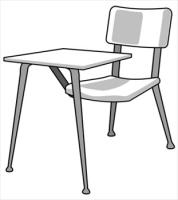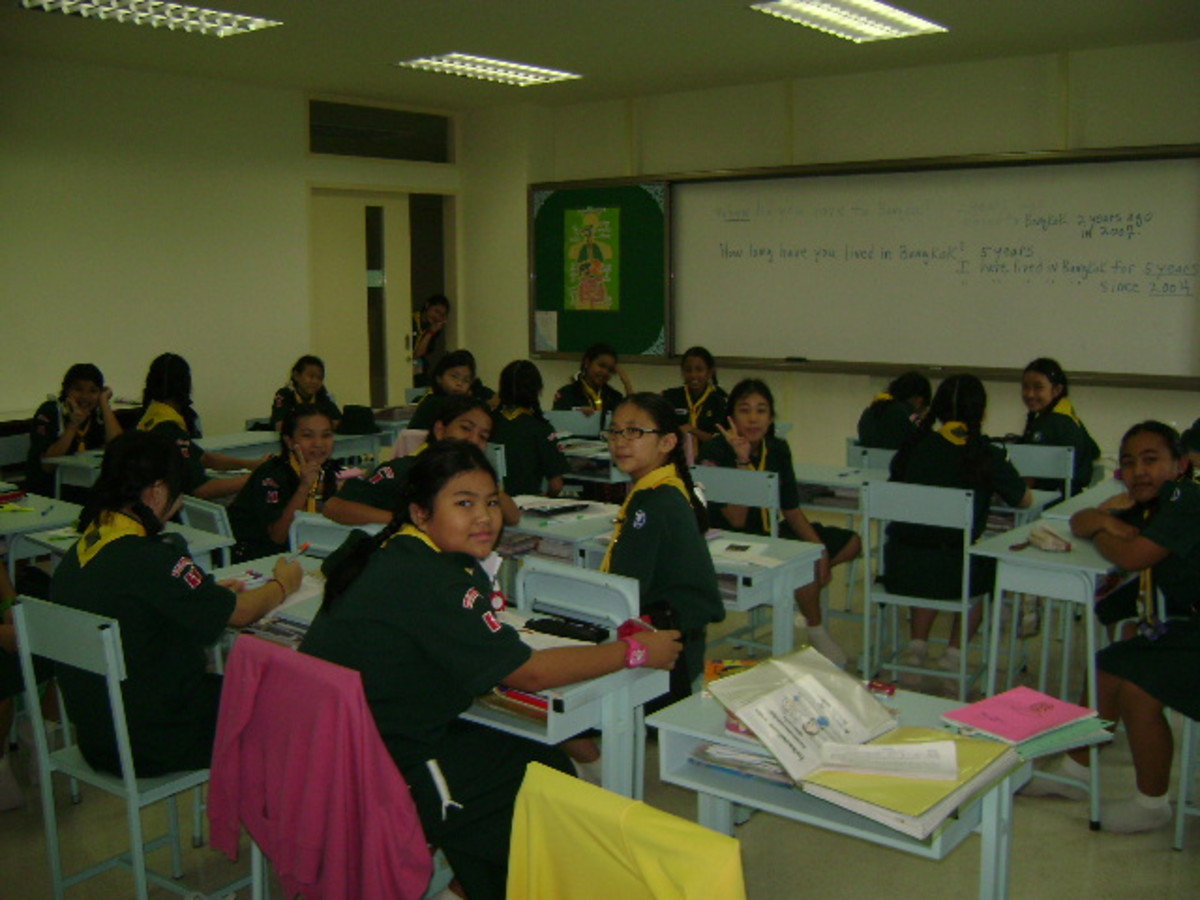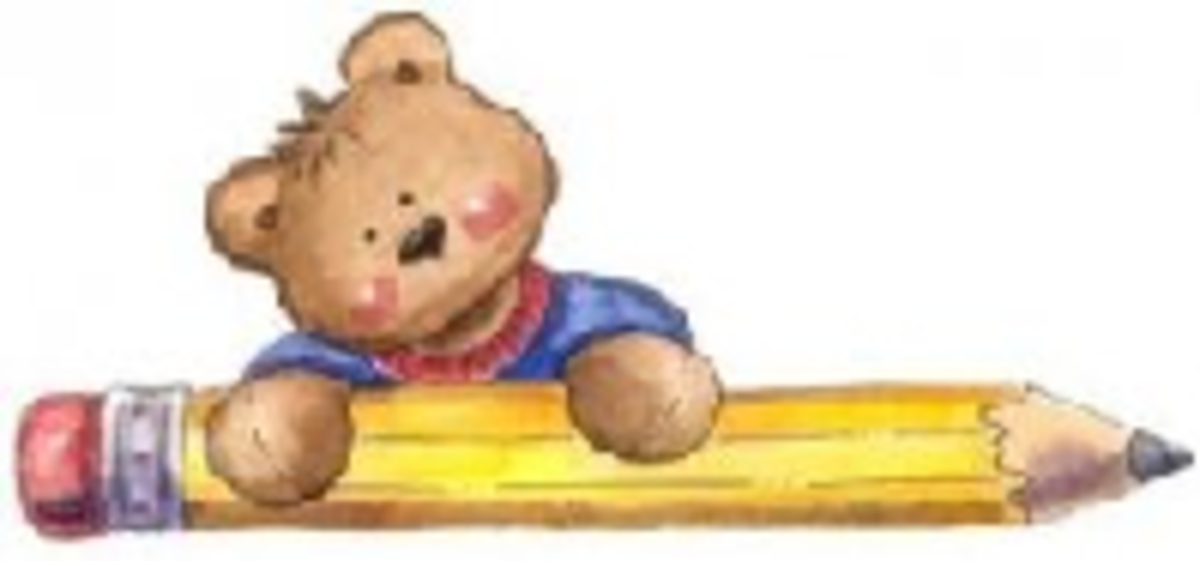Do You Want to be a Substitute Teacher?

Are they made or born?
Where do substitute teachers come from?
No one knows.
We have plenty of firemen, veterinarians, ballerinas and astronauts-- because young children WANT to be these things.
Five year-olds never want to be substitute teachers when they grow up. Older children eventually branch out into more equivocal ambitions. Some even aspire to the questionable extremes of wanting to be politicians, lawyers, encyclopedia salesmen, executioners, even telephone solicitors...but never substitute teachers.
Hard to Pin Down
Sub-humans are not easily identified. I have been a sub teacher and am frequently told that I look like someone else. It's always some ordinary person.... never a super model, or a horror film character, so I assume that I'm one of the standard examples of personhood, a generic, nondescript, average human.
People generally accept me as being reasonable in my mannerisms, speech and personal characteristics until they find out that I have been a substitute teacher.... BY CHOICE.
This information is always regarded with uneasiness . People alternately think "she must me NUTS!" ...and then switch to a reverence earned by those who are faithfully unafraid to enter a lion's den.
In some ways I understand this. When I was in college I constantly confronted my education major friends with astonishment about their career choice.
"You have been in school for years," I would remind them, "Don't you KNOW what children DO to teachers?" They seemed not to remember.
Are you a sub teacher?
Experience is the key.
Educational psychology classes, alone never could have prepared me to enter the classroom.
I needed to survive the tests of motherhood before I was ready to think of dealing with a large group of small people who do REAL things like throw up in their math books, climb rain spouts to the roof, put crayons in their nostrils, hit one other to demonstrate affection, make rude noises with a hand in their armpits (at least, I think that's how they did it), throw paper airplanes into the light fixtures, and have spontaneous nosebleeds.
These things usually don't ALL happen at the same time.
When it comes to teaching: Formal education may be beneficial. Natural talent, is helpful. Patience and a sense of humor is highly recommended. Experience is priceless.
A high school teacher told me that, to be a writer, you must produce a million words of garbage before expecting to write anything worthwhile.
(He didn't tell us that the the million words of garbage could then be sold to tabloid papers, TV soap operas, and talk shows-- which has apparently happened --but that's another story.) The point is, that subbing is similar in its empirical requirements.
To do it well takes practice and the experience of speaking a million phrases (-all with similar meanings) like, "Be seated. In your seats, please. The bell has rung.
It is time to be in your seats. You need permission before getting out of your seat.
Make sure you are in the right seat.
Sit! Stay!
I am waiting for a few more to be seated.
Sit down now. Only one student to a seat. Put your seat on the chair. You are to remain in your chair until my instructions come to a complete halt. Tipping your chair is ill-advised", and" That's what happens when you tip your chair!"
It's not always this bad . . . but sometimes . . .
I have been in only a few classes where interruptions were the rule... to the point where it was impossible for me to speak in phrases of more than four single syllable words at a time. When I subsequently walked into the well behaved and responsible class, it seemed strangely unnatural to speak in smooth flowing linear sentences.
"Our first math task.......i s page six, seven...... find the page. Do parts five and......... six now be-fore.......... your free time work .... Any questions?"
"I have a question, " one said tentatively, " Do you know that you talk kind of like a robot?"
Once you get used to being sub human, it's hard to put your teaching demeanor on hold and leave your teaching disposition at school. I find myself reminding adult friends to use the rest room before entering a theater, or telling guests to push their chairs in after dinner.
Raising my hand when involved in casual conversation gets some odd stares, and it's hard to look up something in the phone book without humming the alphabet song.
The hardest time to stop being the teacher is in the presence of "civilian" children outside the classroom. I once gave a full 20 minute math lesson to to an innocent girl scout who was only trying to sell me some cookies. I felt so guilty about it, I ended up buying 10 boxes.
Back in the classroom, you may have to endure a million moments of uncertainty and a few near misses with paper missiles, and eraser stubs (propelled from an unknown source by an unknown force), before you can stand before a mischief-minded class without flinching.
I once caught Hugh, the spit ball artist,-- in mid-spit-- and sent him outside the classroom door with a supply of scratch paper and a plastic plate to manufacture spit balls until he was summoned.
In five minutes I checked his progress, and asked him how much of the day he would like to waste doing this activity, simultaneously reminding him that he was accumulating evidence for the principal's inspection, and convincing him that it, and other samples found in the room could be directly linked to him by DNA testing of his saliva-- OR he could throw the whole ugly mess in the dumpster and be conditionally absolved and re-admitted to class after a writing an apology with promises that the behavior would not be repeated. Since he was almost spitless at this point, he accepted my terms.
Upon reinstatement, I solemnly acknowledged that he had learned a hard lesson and would now remind others not to make similar mistakes. I think the DNA ploy was a nice touch, though not necessarily strong enough to convince a jury. Technology is becoming more powerful.
Despite the usual shenanigans, (I know shenanigans is an outdated term, but it has such a folksy-friendly sound, and it's so much nicer than the more familiar word with the same beginning letter and similar meaning). I was saying,despite the usual ....stuff, classrooms are much like the real world except the people are smaller and more honest.There is more curiosity and less guile.
There is more wonder and less cynicism. There is often less civility and courtesy, but frequently more sincerity ....even love. All of these things I have witnessed from a sub-human perspective and it was mostly great fun.








